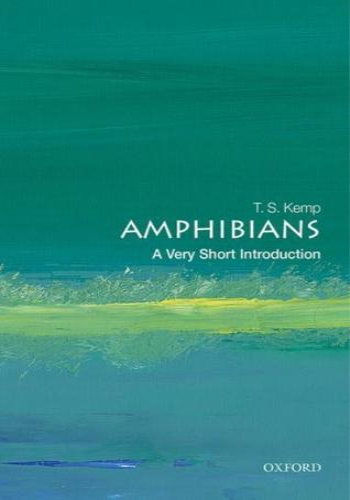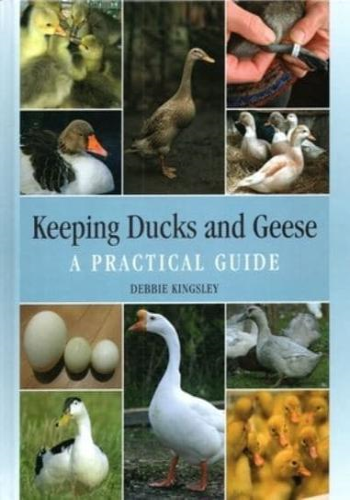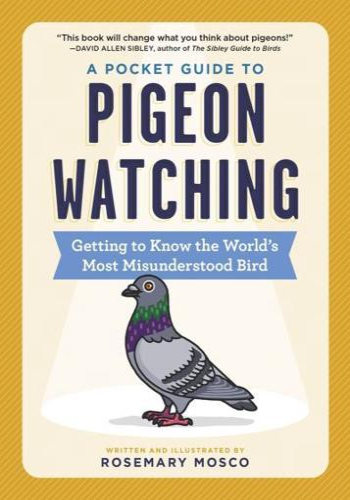Very Short Introductions: Brilliant, Sharp, Inspiring From frogs, toads, newts, and salamanders, to the lesser-known caecilians, there are over 8,000 species of amphibians alive today. Characterised by their moist, naked skin and the tadpole phase of their lives, they are uniquely adapted to occupy the interphase habitat between freshwater and land. This Very Short Introduction explores amphibians' evolution, adaptations, and biology, from the first emergence of tetrapods onto land 370 million years ago, to how their permeable skin enables them to thrive in their habitat today. T. S. Kemp describes how different amphibians go about their lives, looking in particular at their complex courtship behaviour and their extraordinary means of providing care for their eggs and larvae. Finally, he considers amphibians' relationship to humans, and the ways in which they have been exploited as food, folk medicine, and pets, as well as used in many areas of scientific research. Today amphibians face a serious threat, with almost half of species judged to be at risk of extinction. As the causes include habitat destruction, pollution, and disease, mostly resulting from human activity, T. S. Kemp shows that the conservation of amphibians is very much in our hands. ABOUT THE SERIES: The Very Short Introductions series from Oxford University Press contains hundreds of titles in almost every subject area. These pocket-sized books are the perfect way to get ahead in a new subject quickly. Our expert authors combine facts, analysis, perspective, new ideas, and enthusiasm to make interesting and challenging topics highly readable.







